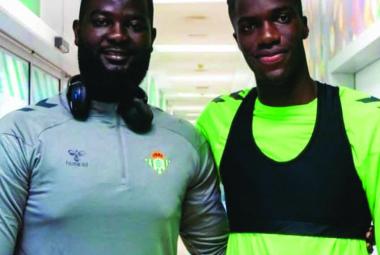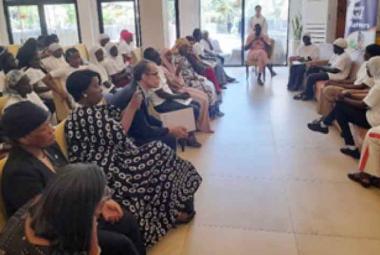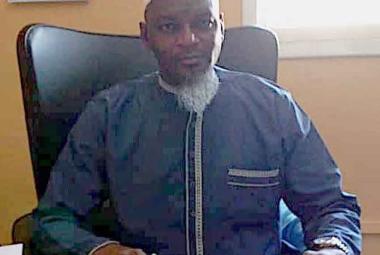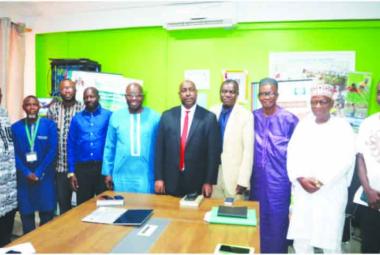By Alhaie Babou Jallow
The Directorate of Social Welfare of the Ministry of Gender, Children and Social Welfare, in partnership with the Gambia Federation of the Disabled and the National Disability Advisory Council recently concluded a series of sensitisation activities for Persons with Disabilities and stakeholders at the community level on the Convention on the Elimination of all forms of Discrimination Against Women (CEDAW) and the Persons with Disabilities Act, 2021.
Supported by UNICEF, the sensitisation activities were held in the North Bank, Lower River, Central River, Upper River, West Coast regions, and the Kanifing Municipality.
Speaking at Farafenni and Janjangbureh, Mr. Sainey Camara, representative of The Gambia Federation for the Disabled, explained that CEDAW was adopted in 1979 by the UN General Assembly, and that is often described as an international bill of rights for women, consisting of a preamble and 30 articles.
“The Convention defines what constitutes discrimination against women and sets up an agenda for national and international action to end such discrimination,” he stated. He revealed that The Gambia ratified CEDAW in 1993.
On his part, the former Director of Social Welfare Jankoba Jabbie narrated that the Persons with Disabilities Bill was tabled during the 2nd Ordinary Session of the National Assembly in July 2020, and in July 2021, the Bill was passed and was subsequently assented to law.
He outlined the principles and obligations for realisation of the rights of persons with disabilities as including respect for inherent dignity, non-discrimination, full and effective participation, equality of opportunity and accessibility, among others.
The Chairperson of Kukunta Mento Organisation of Persons with Disabilities in CRR North, Tata Camara, expressed gratitude for the laudable gesture, and expressed belief that this will greatly improve their awareness of the Persons with Disabilities Act. He then highlighted the constraints they are facing; especially in public places and appealed for more advocacy programmes for persons with disabilities.






